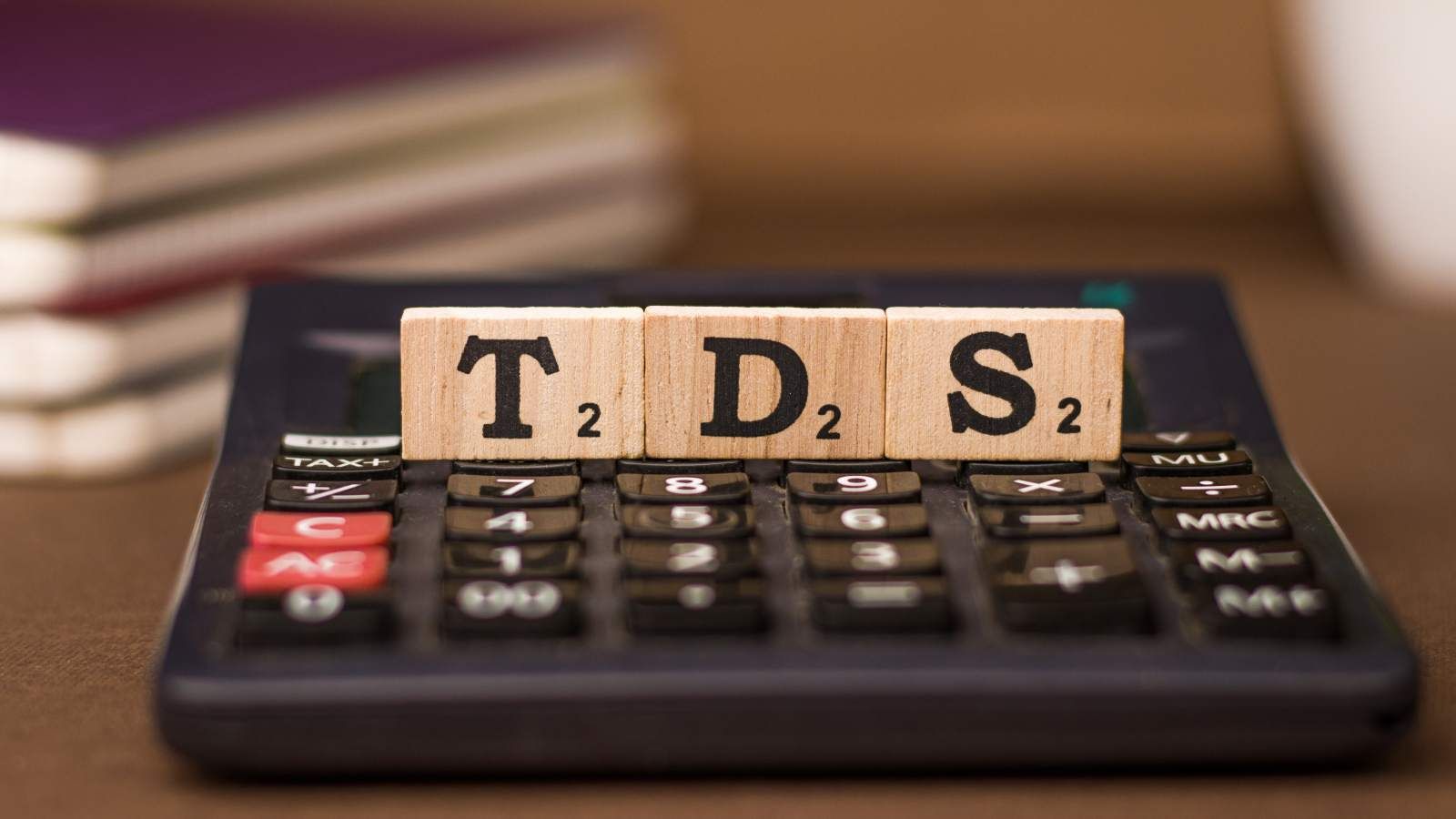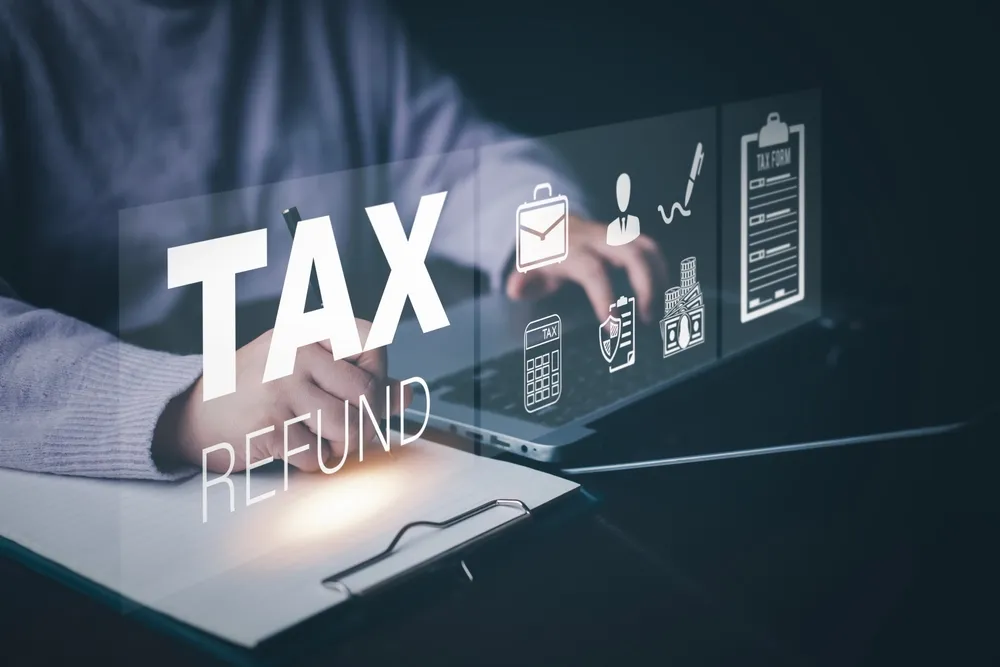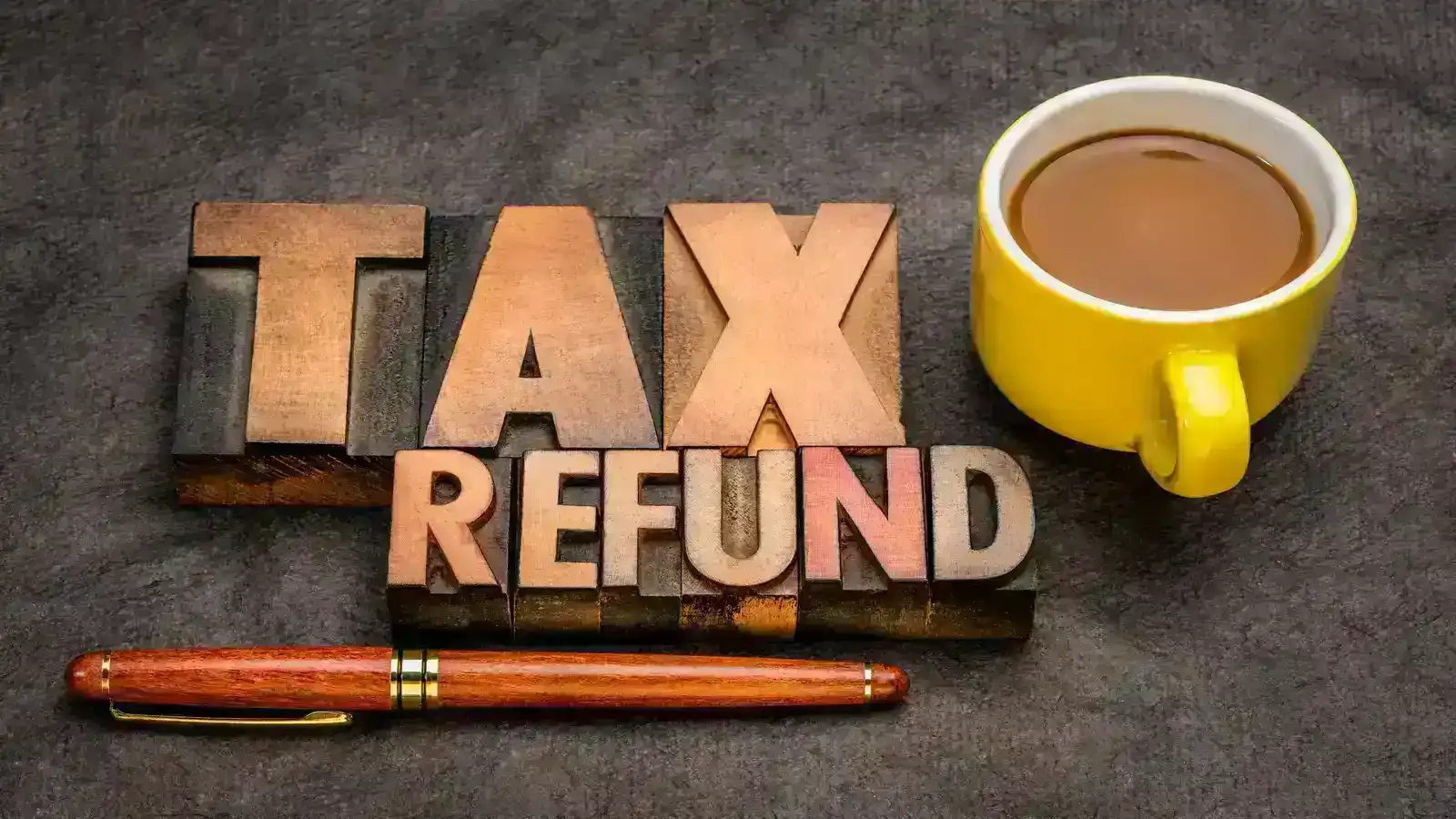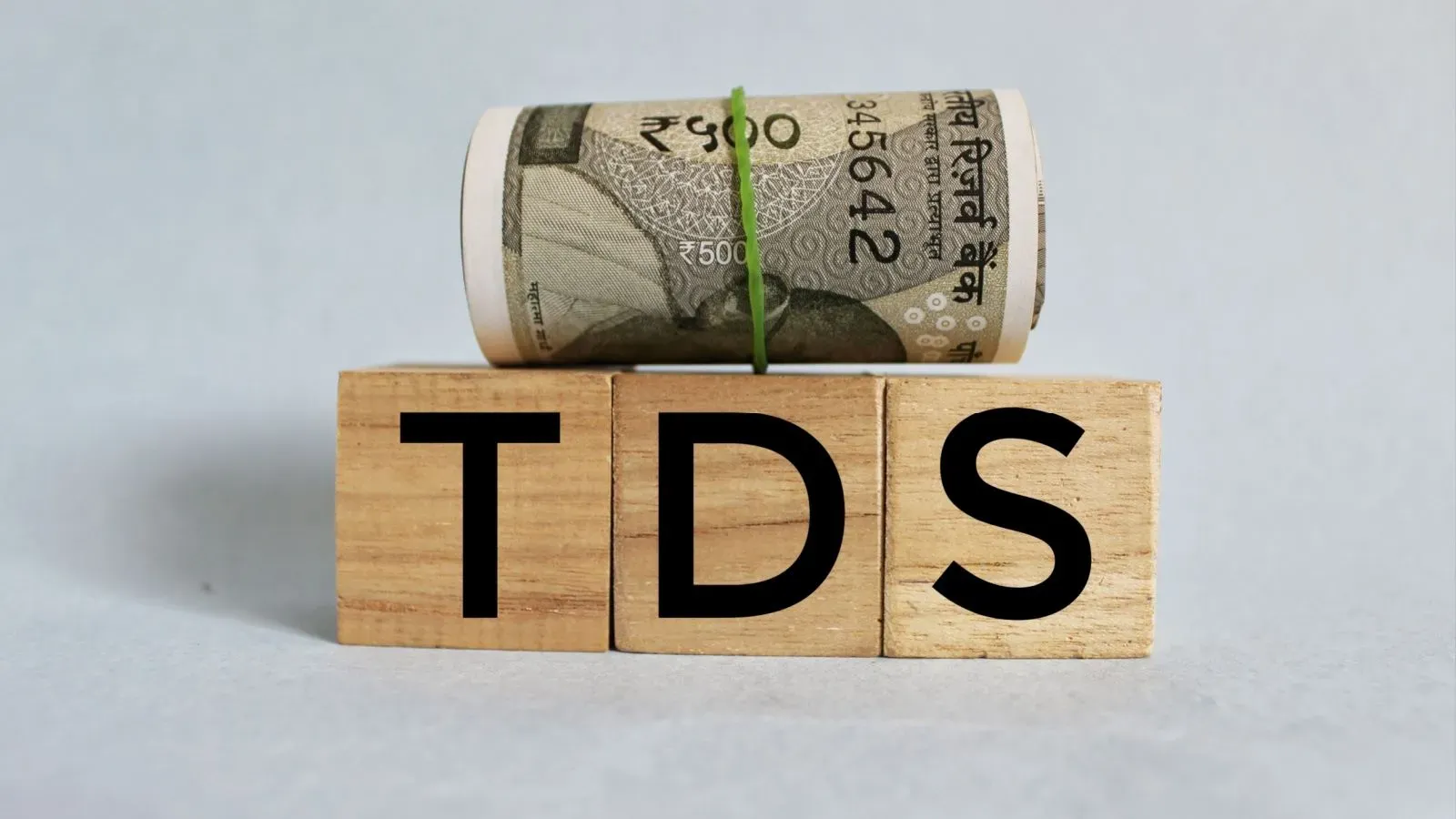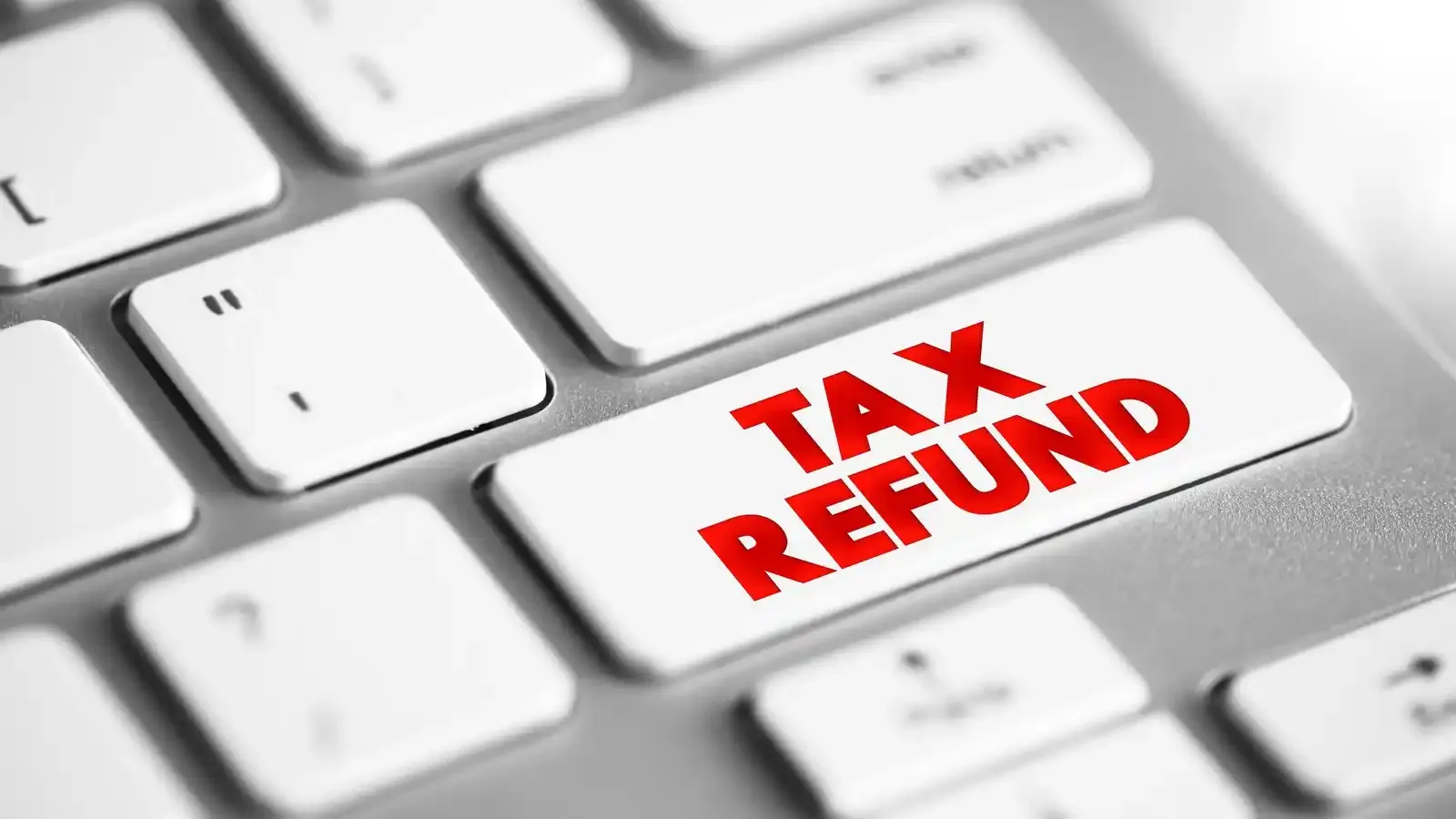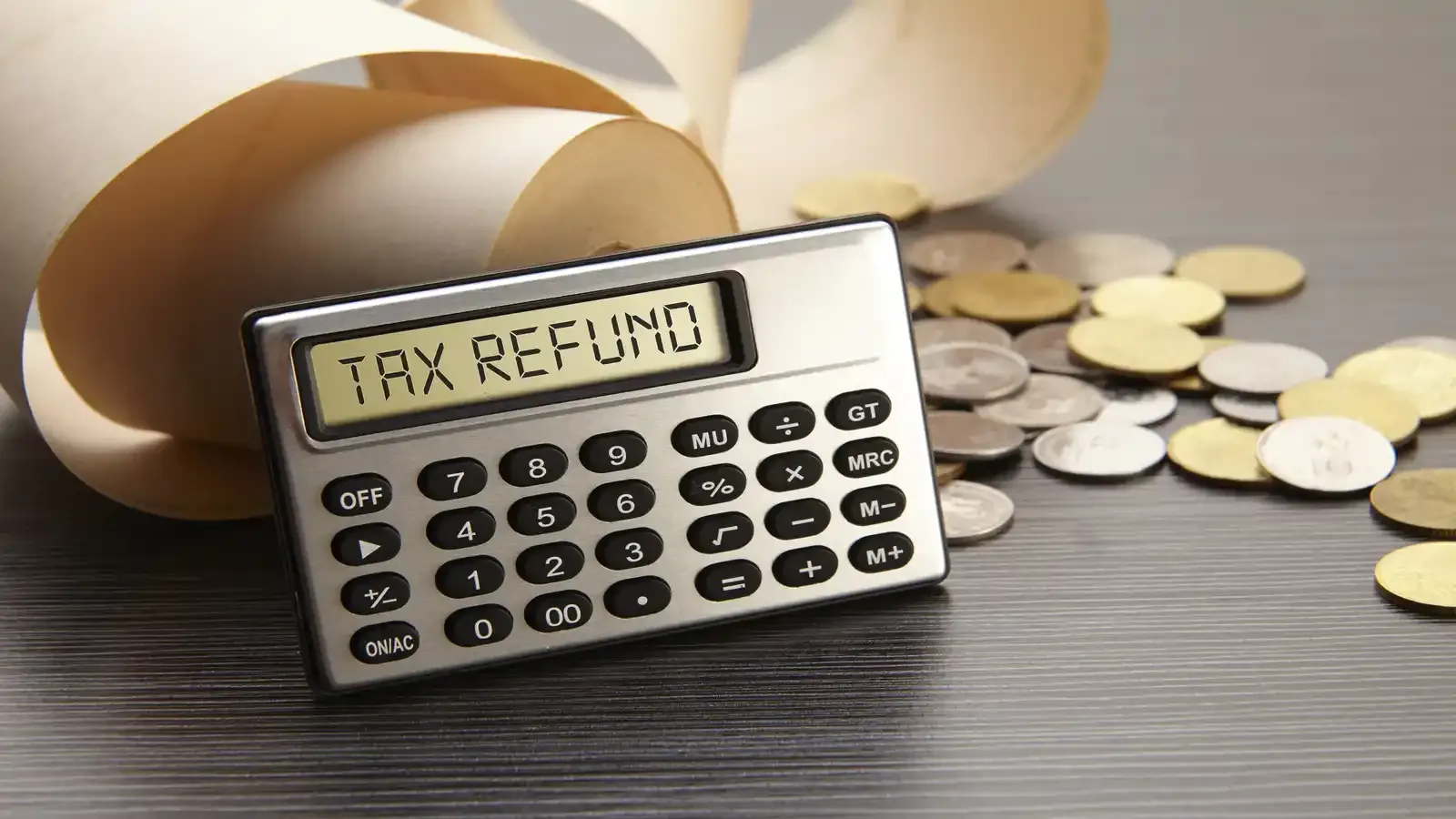Personal Finance News
Income tax notices for land buyers: Reasons explained and steps to handle them

5 min read | Updated on November 17, 2025, 15:53 IST
SUMMARY
Tax rules for land purchase: There is no separate income tax levied simply for buying land. However, the money you use to buy the land must come from legitimate, recorded, and taxed sources of income.
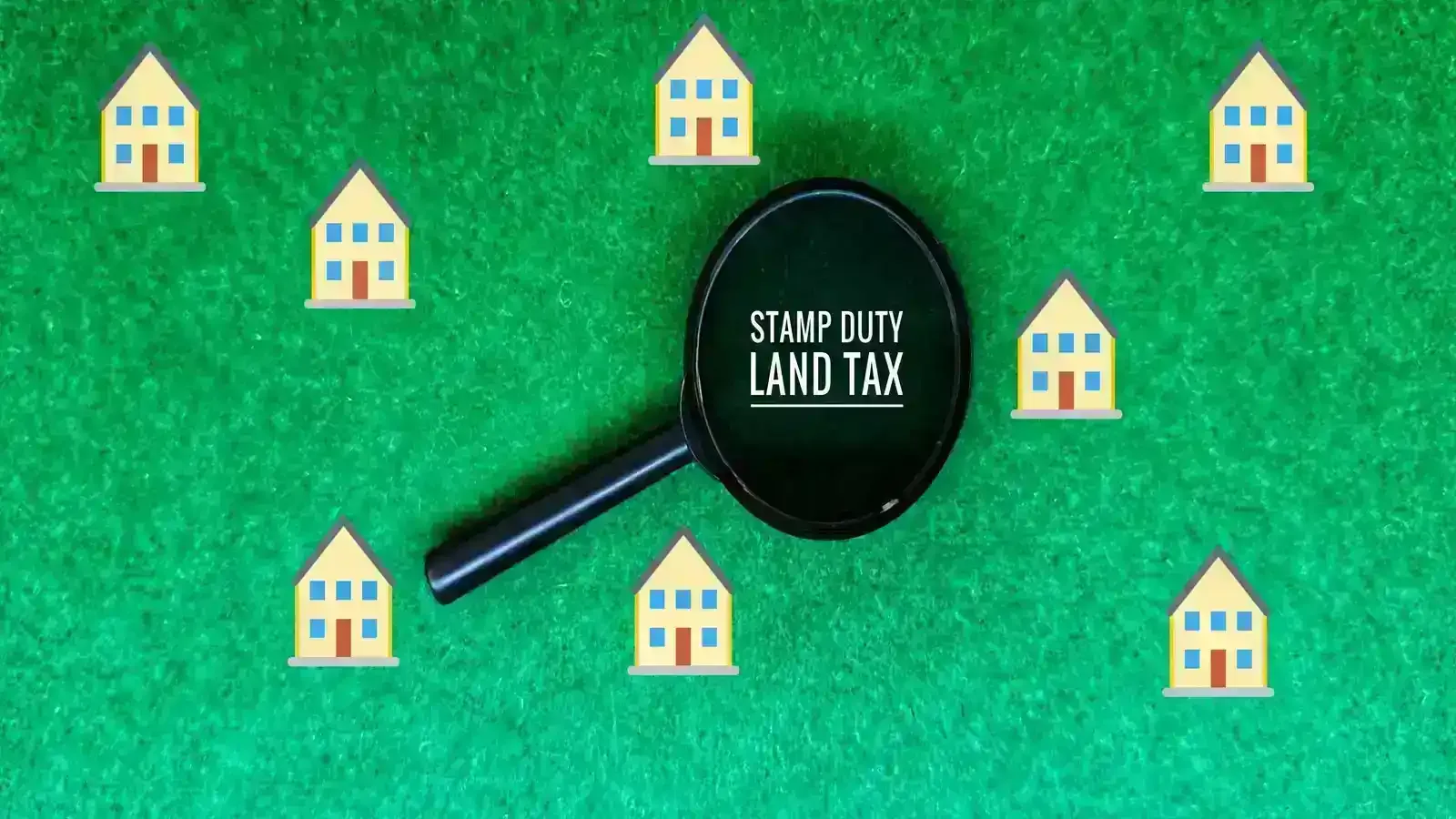
The rate of TDS on the purchase of immovable property is 1% of the total sale consideration, and the buyer is responsible for deducting and depositing it. | Image: Shutterstock
Is there any tax on buying land?
While there is no direct tax on purchasing land, the funds used must come from legally earned and taxed income.
“There is no separate income tax levied simply for buying land. The act of purchasing land by itself doesn’t attract income tax liability. However, the money you use to buy the land must come from legitimate, recorded, and taxed sources of income. In other words, the value of the land purchase should be consistent with the income you have reported to the tax department," said Mumbai-based tax and investment expert Balwant Jain.
What are the reasons for receiving an income tax notice?
A recent case highlights how tax scrutiny can sometimes escalate. The Income Tax Appellate Tribunal (ITAT) in Bangalore granted significant relief to an Andhra Pradesh farmer by overturning a ₹1.2 crore tax addition on his mango sales.
The ITAT ruled that assumptions cannot override concrete documentary evidence, reinforcing that taxpayers cannot be penalised without proper verification.
But even without disputes, high-value land purchases frequently trigger notices.
"Tax notices are often issued as a matter of routine when someone buys land or a building worth over ₹30 lakh. This is because high-value property transactions are automatically reported to the income tax department by registrars and banks," said Jain.
"If the system detects that you have made such a purchase but haven’t filed your Income Tax Return (ITR) for that year, or if your declared income doesn’t seem sufficient to justify the purchase, you may receive a notice asking for clarification. This doesn’t necessarily mean you’ve done anything wrong; it’s part of the department’s data-matching and verification process,” added the Mumbai-based tax expert.
Abhishek Soni, CEO & Co-founder, Tax2win said individuals could receive a notice from the tax department for reasons such as:
-
High-value property purchase that doesn’t match what you reported in your income tax return.
-
The buyer did not deduct or deposit TDS of 1% when required
-
You haven’t filed your tax return for the year in which the property was bought or sold.
-
You declared the land’s purchase value much lower than the stamp duty value.
-
They want additional information or documents about your property transaction.
What taxes apply when you buy land?
The rate of TDS on the purchase of immovable property is 1% of the total sale consideration, and the buyer is responsible for deducting and depositing it.
The deducted TDS must be deposited with the government within 30 days from the end of the month in which the deduction was made. After depositing the amount, the buyer is also required to issue Form 16B (TDS Certificate) to the seller as proof of the deduction.
"If the land is not agricultural, and the price is ₹50 lakh or more, the buyer must deduct 1% TDS under Section 194-IA and pay it to the government," said Soni.
"Taxes like capital gains will apply later when you sell the land, not when you buy," added Soni.
What to do if you get a tax notice?
First of all, read the notice properly and understand the reason why you have received the notice.
Abhishek Soni outlines the steps individuals should take immediately after receiving a notice:
-
Start by logging in to the Income Tax Department portal and verifying all the information related to the notice. Review your Form 26AS, AIS, bank statements, and property purchase documents to confirm that the transaction mentioned matches your own records.
-
Next, gather key documents such as the sale deed and sale agreement, stamp duty and registration receipts, bank/payment receipts, the seller’s PAN and KYC, and any valuation reports or loan sanction letters if applicable.
-
Make sure to respond before the deadline, as ignoring the notice can lead to penalties or a forced assessment. If the matter is complex or involves a significant demand, consult a Chartered Accountant without delay.
-
Keep all your documents safely stored, as the tax department may seek further clarifications later.
Related News
By signing up you agree to Upstox’s Terms & Conditions
About The Author
Next Story
